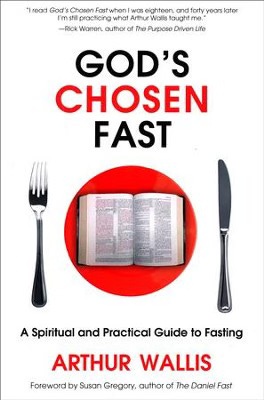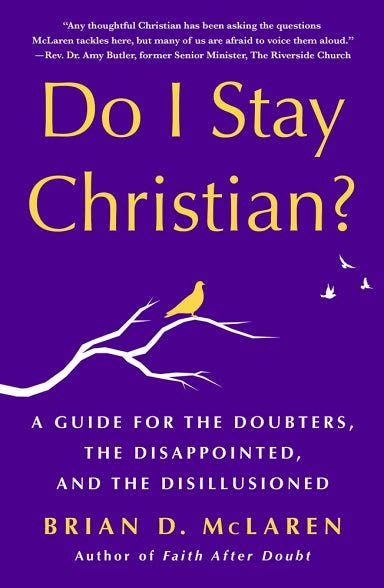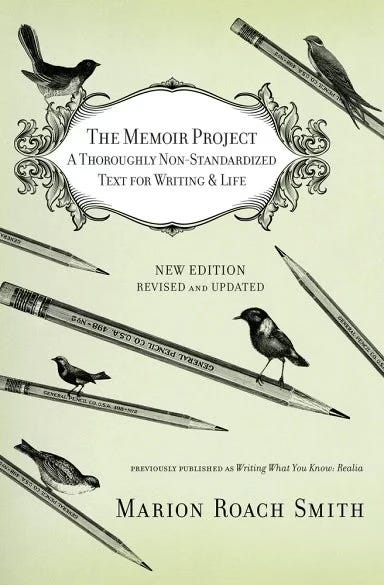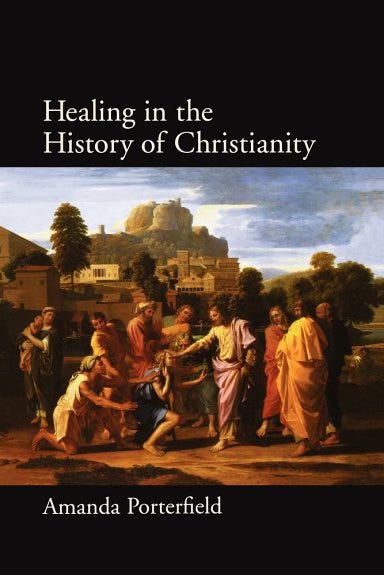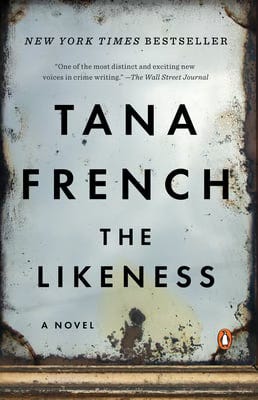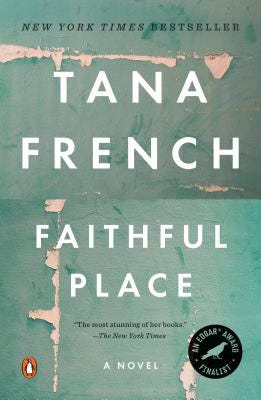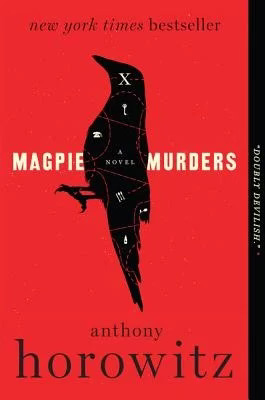Finished at Last: My Quarter One Book Roundup
A recap of the books I read first quarter, along with my personal rating system and a peek into my reading habits.
True confession time: I am the worst book finisher. I perpetually start reading new books that interest me, set them down for a few days, and then I forget to pick them back up and finish them. To be clear: It’s not that I’ve lost interest! Nine out of ten times I want to and intend to finish the book. But if I’m not careful, my To Be Finished stack starts to rival my To Be Read stack.
Non-fiction books are arguably most vulnerable to the To Be Finished stack. Often they need a bit more brain energy to process the content and internal motivation to keep me turning their pages. And thanks to the constant temptation to pick up my phone and scroll, my attention span is not what it used to be. So I’ve started a personal Finish the D*mn Book campaign to not only finish books I want to read but to also get my long-form reading muscles working again.
That, along with my Winter of Tana French reading, and I am finishing books! And yes, yes, I am going to brag a little about that. Why not share what I’ve been reading? I love hearing what my favorite friends, authors, and podcasters are reading, so I’m hedging my bets that you will, too.
Here’s a look at what I read–or more accurately, finished reading–during the first quarter of 2025. I’ve divided my list between fiction and non-fiction, but they are otherwise unorganized. I’ve also included a description of my personal rating and recommendation system, so you have a pulse on how I rate what I read.
My Rating & Recommendation System
I use a five star system to rate the books I read. And I really am picky about what I give five stars! I think it’s only fair that you know what my stars mean because not everyone’s stars mean the same thing. (One might say there’s a fault in our stars!) Here’s a quick guide for how I assign stars:
⭐⭐⭐⭐⭐ Five Stars - Loved the book. Can’t stop talking about the book. Recommending the book to anyone who will listen to me because everyone should read it.
⭐⭐⭐⭐ Four Stars - Loved the book. Recommending to specific audiences. If you generally trust my book judgment and the book seems on the outskirts of what you like, it might be worth trying.
⭐⭐⭐ Three Stars - Liked the book but other people may love it. I’m probably not recommending it much, but it might stay in my library as a reference.
⭐⭐ Two Stars - Meh feelings about the book, but I finished it for one reason or another. Not really recommending it, but someone else might like it.
⭐ One Star - Didn’t like it. Maybe I didn’t finish it. Telling people not to waste their time.
Non-Fiction Books Finished
God’s Chosen Fast by Arthur Wallis ⭐⭐⭐
The weekly small group Chris and I host has been engaged with the Practicing the Way Fasting Practice this winter, and God’s Chosen Fast was the supplementary book to read along with the curriculum. It was an excellent primer on the spiritual discipline of fasting, and compared to other fasting-related books I’ve read, I didn’t feel any guilt or condemnation around my personal practice (or lack thereof). If you’re interested in exploring the spiritual side of fasting, Wallis’s book is a great starting point.
Do I Stay Christian? A Guide for the Doubters, the Disappointed, and the Disillusioned by Brian D. McLaren ⭐⭐⭐⭐
I’m in my last semester of my spiritual direction certificate, and this book was on the reading list. My professor chose it because spiritual direction is often the only safe place people have to wrestle with their doubts and questions around their faith, religion, and relationship with God. McLaren organizes the book with 10 reasons why someone might leave Christianity, 10 reasons why someone might stay, and 10 ideas for how one might hold both the leaving reasons and staying reasons in tension. It’s unsettling to have all of these reasons in one condensed space, and I could have gone deeper with many of the ideas McLaren explored. But if you know people who are wrestling with the troublesome pieces of Christian history, this book might be worth reading.
The Memoir Project: A Thoroughly Non-Standardized Text for Writing & Life by Marion Roach Smith ⭐⭐⭐
I started this book over a year ago, reading a little bit at a time in between seminary texts. In March, I finally got fed up with my To Be Finished stack, and took The Memoir Project on a retreat and knocked it out. I told a friend, “The Memoir Project is to memoir writing as Strunk & White’s Elements of Style is to general writing.” As I continue to work on my essay writing skills, I’ve been putting Smith’s advice in practice on Substack. If you’re a writerly type (or aspire to be), this is a worthwhile read.
Healing in the History of Christianity by Amanda Porterfield ⭐⭐
Porterfield’s book was assigned in my Theologies of Suffering & Healing seminary class last spring, but my professor didn’t assign the introduction or chapter one! (Make that make sense!!) This book has been sitting on my To Be Finished stack since last April, but I pulled it out in March because I was reading another book that referenced it. Why not roll that reading theme of healing all together? I found Porterfield’s rundown of how Christians engaged in healing and medicine through the last two millennia interesting, but this is a textbook. At times it was too dense and dry for ordinary, everyday reading.
Sacred Companions: The Gift of Spiritual Friendship by David Benner ⭐⭐
If you’re looking for an introduction or overview of spiritual direction as a layperson, Benner’s book is a great place to start. But for me, this is probably the tenth book about spiritual direction I’ve read in the last two years, and there’s very little new information for me. I picked it up because I found it at a flea market, and I needed more spiritual direction-related reading for my certificate class.
Our Unforming: De-Westernizing Spiritual Formation by Cindy Lee ⭐⭐⭐⭐
This is the second required book for my spring spiritual direction certificate class. Lee provides an overview of how Christianity has been shaped by Greek logic, the Enlightenment, patriarchy, whiteness, etc., and shows how this majority “right way” of being Christianity has neglected the rich cultural landscape of the rest of the world across Christian history. Lee offers insight into how we can de-Westernize our faith in our engagement with time, definitions of success, recognition of the spiritual realm, etc. This work for me has been in progress for probably ten years, but Lee gives more language to work with. And with today’s growth of Christianity throughout the non-West rest of the world, Lee paints a picture of where Christianity is likely moving.
Fiction
The Likeness by Tana French ⭐⭐⭐⭐
This was my “Winter of Tana French” because I do love a deep dive into an author’s entire library of books! This is the second Dublin Murder Squad book, and in each book, French writes from a different detective’s first-person point of view. I truly love how she develops the inner psyches of her detectives! In The Likeness, Detective Cassie Maddox arrives at a crime scene to a murder victim that could be her identical twin. Maddox ventures undercover into the victim’s life to solve the murder. What could go wrong? So many of the other DMS books have a male protagonist, so going undercover with a female detective was so fun!
The Hunter by Tana French ⭐⭐⭐⭐
Not a Dublin Murder Squad book, but the second in French’s Cal Hooper series. It continues retired American detective Cal Hooper’s integration into a small, backwoods Irish village and his relationship with Trey, the teenage girl who has loosely adopted him. Their loyalties to one another, to the community, and to family are tested when Trey’s dad returns to town with a get-rich-quick scheme. Definitely read The Trespasser, Cal Hooper’s first book, first. More thriller than a whodunnit, and that’s all I’ll say.
Faithful Place by Tana French ⭐⭐⭐⭐
This is the third Dublin Murder Squad book (and for the record, the DMS books are fairly freestanding and can be read out of order). When Frank Mackey was nineteen, he and his girlfriend Rosie Daly made plans to leave Dublin for London. But on the night they planned to make their escape, Rosie never showed up. Frank left anyway and hasn’t been back to the old neighborhood Faithful Place since. Twenty years later, Rosie’s suitcase is found in an abandoned house. French explores family, addiction, domestic abuse, and poverty as Frank returns to his old neighborhood to put together the pieces of what happened the night he left home.
Magpie Murders by Anthony Horowitz ⭐⭐⭐⭐
I love a book-within-a-book storyline, and I like it even better when there are a few murders involved! In this one, editor Susan Ryeland receives the latest manuscript from her bestselling author. But key pieces of the story are missing, and other plot points are showing up in real life. Susan must sort it all out before a real-life murderer strikes again. If you like Agatha Christie, you’ll love the sleuthing Susan and the bestselling detective must do!
Till We Have Faces by C.S. Lewis ⭐⭐⭐
In my best Bill Hader SNL “Stefon” impersonation, Till We Have Faces has barbarians, daddy issues, an ugly older sister, and unrequited love in this retelling of the myth of Cupid and Psyche. I picked this book out of my neighborhood’s Little Free Library because I enjoy being challenged by C.S. Lewis. For me, the tale highlights how unconditional love makes zero sense to the one who hasn’t received it.
Mercy Street: A Novel by Jennifer Haigh ⭐⭐⭐
This book came from a friend through another friend. It was one of those, “I trust your reading judgment even though we have very different tastes” books. I tend to like plot-driven books, and this was character-driven. The characters, their lives, and the thread that weaves them all together feels very current. The story exists in present-day America, and I felt the temperature of the story rising to meet what the real-world feels like today.
Hour of the Witch by Chris Bohjalian ⭐⭐⭐⭐⭐
This one also came in the same batch with Mercy Street. Essentially, it explores domestic abuse in Puritan, 1660s Boston. How exactly would a woman escape domestic violence when there is threat of being called a witch? What do you do when superstitions around the newfangled dinner fork are scandalizing your city? This story made me so mad that I threatened to throw it across the room multiple times, but I couldn’t bear to actually put it down. I think I held my breath the entire last 100 pages.
Comments & Community
I’d love to know about your reading habits: Are you a starter or a finisher? What have you finished lately that’s worth recommending?






